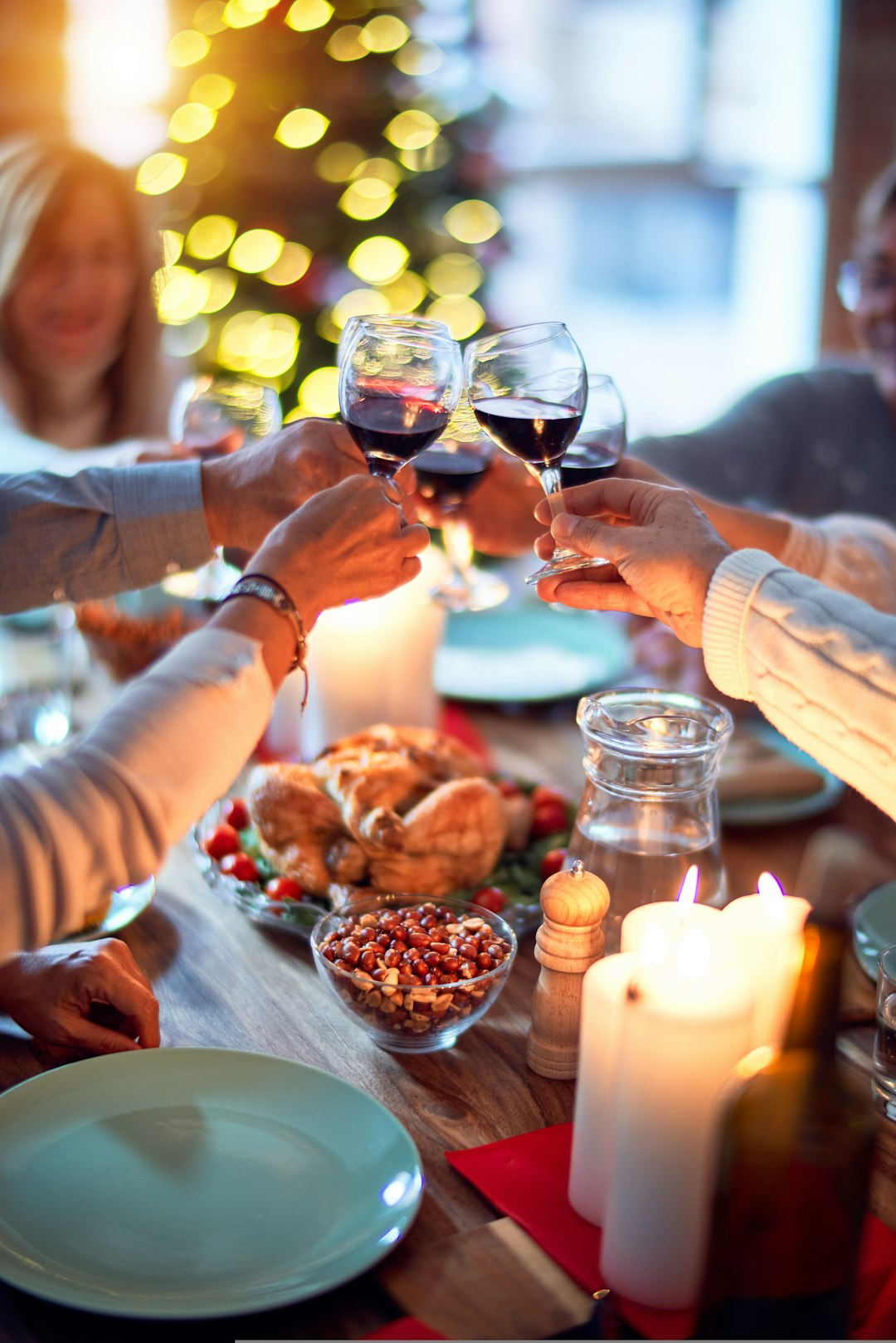
In his great essay on the subject, CS Lewis writes that the essence of chivalry, the fundamental difference making it “an ideal distinct from other ideals,” is best captured in the eulogy for Sir Lancelot from Malory’s Morte d’Arthur:
“And thou were the most courteous knight that ever bare shield. And thou were the kindes…
Keep reading with a 7-day free trial
Subscribe to The Chivalry Guild Letters to keep reading this post and get 7 days of free access to the full post archives.


